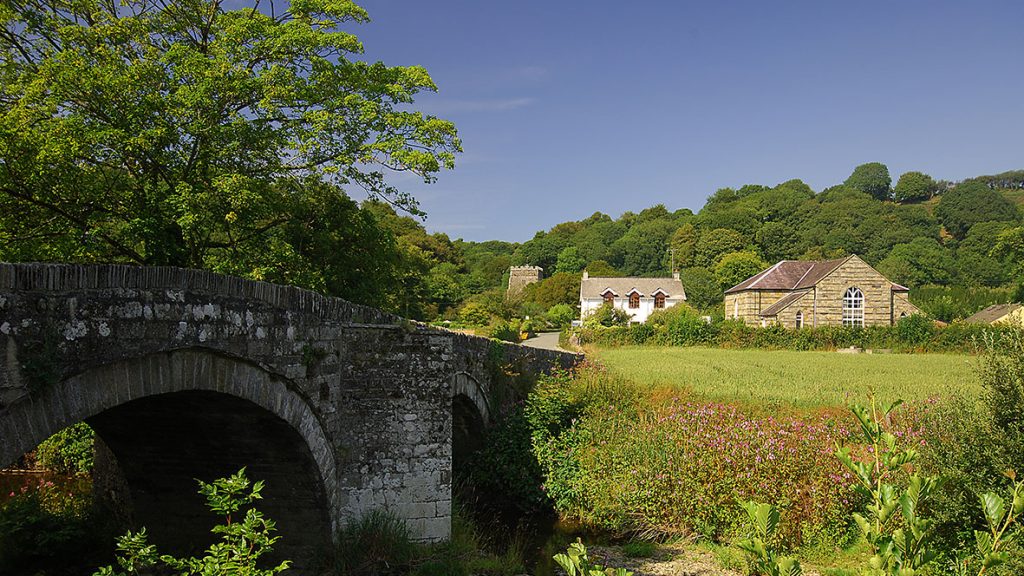Some minor building works can be carried out without the need to obtain planning permission - this is called permitted development. The rules governing permitted development can change from time to time and it is always advisable to seek advice before carrying out any changes.
Flats and maisonettes do not have these permitted rights and some houses, especially small new houses or houses that have been created by converting buildings from other uses, may have had these rights removed. In such cases, ALL development requires formal planning permission.
28 Day Rule and Certificated Caravan and Camping sites
- The 28 Day Rule allows a landowner to use land for tented camping only without formal planning permission for 28 days in a calendar year.
- A Camping or touring caravan exemption certificate allows a recreational organisation to camp or caravan on land without a site licence or the need to apply for planning permission.
- Our 28 Day Rule leaflet is a brief guide to what is permitted under planning law for the 28 Day Rule and certificated caravan and camping sites. It is intended to be a helpful and simple guide and should not be regarded as a full interpretation of the law. If you have any doubts, please contact the Development Management team.
Householder Alterations and Extensions
Some small alterations and extensions to houses can be carried out without consent.
Within the National Park, any alteration which affects the roofline, including the addition of dormer windows, requires permission.
Minor Works
There are some types of development that can be carried out to any building, or land.
- Walls, fences and other means of enclosure
- Walls, fences and other methods of enclosing land can be erected subject to conditions relating to their height
- Any enclosure adjacent to a highway used by vehicles that is higher than one metre at any point requires permission
- Any other enclosure over two metres in height at any point requires permission
- Any enclosure surrounding a listed building requires formal approval.
Constructing an access
- Subject to the access not being considered to be dangerous, permission. is not required for the creation of an access onto an unclassified road where the access is required in connection with any other permitted development
- The creation of an access onto a classified or trunk road requires permission
- Painting the exterior of a building
- Painting the exterior of a building does not require permission unless the painting includes an advertisement, announcement or direction or there is an area direction which prohibits painting of properties
- Painting a listed building that has not previously been painted requires listed building consent.
Changes of Use
- As with building works, some changes of use do not require planning permission.
- A change of use from one use to another within the same Use Class does not usually require permission. For example: a retail shop operating as a bakery could change to a toy shop without any permission. being needed.
- Advice should always be sought as to whether a change is permitted.
Demolition
- Formal consent for demolition is required in certain circumstances.
- Where the demolition is part of a planning application for the redevelopment of a site, details of the demolition works should be included in the application.
Listed Buildings
- Consent is always needed for demolition of a listed building or a structure attached to a listed building.
Conservation Areas
- Consent is needed for the demolition of a wall that is more than two metres high, and for the demolition of any building more than 115m3.
CCTV Cameras
- The erection of one camera to be used for security purposes is permitted subject to certain conditions relating to its size and location. Advice should be sought to check that your camera is within those limits.
- Permission is always required for the erection of a camera on a listed building (Listed Building consent) or on a Scheduled Ancient Monument (Scheduled Monument Consent from Cadw).








